Dt. 4: 1-2, 6-8; Ps. 15:2-5; Jas. 1:17-18, 21b-22,27; Mk. 7:1-8, 14-15, 21-23
Called to be “doers of the word and not hearers only” give true testimony of our faith by taking right action. Doers of the word are united to the heart of Jesus to receive every good gift from above. The good gifts from above lead us to the service of others that we may taste and see the goodness of the Lord. A doer of the word does justice and justice is to care for the sick, the suffering, and the poor. We give without counting the cost because in the end if we belong to God then all we have and all we are is his blessing upon our life.
Moses gave the statues and decrees to go along with the commandments with a word of warning not to add or subtract from them. Over a thousand years later Jesus is calling out the Pharisees for “teaching as doctrines human precepts” meaning they raise their own traditions as a doctrine from God while disregarding the commandments from God. They not only added so many rules but they have raised their rules to be equal to God’s teaching. In doing so they make of themselves the god of authority and not the servant of the God of authority. They have become empty vessels of the truth of God filling themselves with evil thought, unchastity, theft, murder and every kind of sin including blasphemy.
In being a “doer of the word”, it begins with recognizing it is all about God and not about us. It is a surrender to the will of God. We empty ourselves of ourselves to receive the graces necessary to live the word of God. This is hard to do. It demands great trust in God and trust is not something that comes easy unless we have a deep relationship with the one, whom we trust.
Who do we trust? All our relationships of trust are based on conditional experience. We learn to trust and distrust as we grow in relationship with others. How much have we grown in our relationship with God? We may be a ship out in the deep waters waiting for the wind to send us in some direction without purpose or destiny. God is our destiny and he provides us our purpose in life as a doer of the word so let us be as people of action, doing what is right, just, and guided by our Lord and savior.
How good are we as doers of the word, that is living the word of God? To keep oneself “unstained by the world” is not easy when we want to belong to the world and receive every good gift from the world. We see what others have and we are tempted to desire it for ourselves. We enter into what the world offers and soon learn that there is a cost to what is described as a “rat race” to be first and a “dog eat dog” culture that in order to get ahead there will be a cost that demands we compromise our values, accept the world on its terms, and “play by their rules”. It does not have to be this way. When we trust in the Lord, he will provide the means and the way to remain in him and his righteousness.
It all begins with what is in the heart, the good and the evil that are constantly at battle. When the heart is burdened by every kind of evil temptation it does little good to simply ponder our weakness. Overcoming our weakness comes from taking right action and doing an act of justice, charity, humility and sacrifice. The act can be transformative to the heart giving life to the heart of love and God is love. Just “do it” and let God give birth to the virtues of love. A doer of the word is doing the will of God and it pleases our Lord to see the soul surrender in obedience to his word.
The Lord comes in glory to lift up the soul who is faithful to his word, not waiting for a sign, not waiting to receive the gift or a special calling. God does not send an email, a letter, or a messenger to move us into action. He has already sent us Jesus and given us the word to follow so now its up to us to respond.



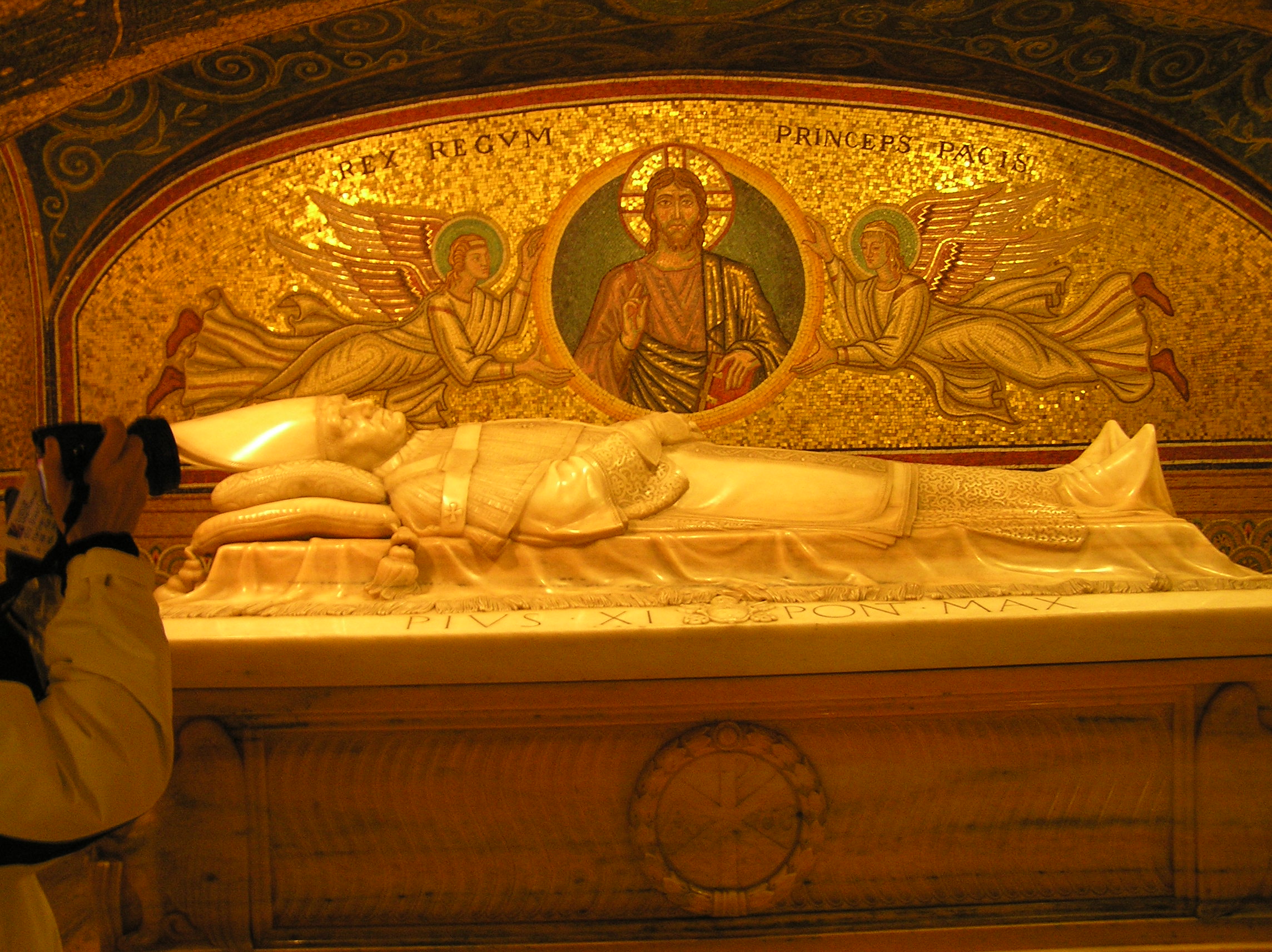

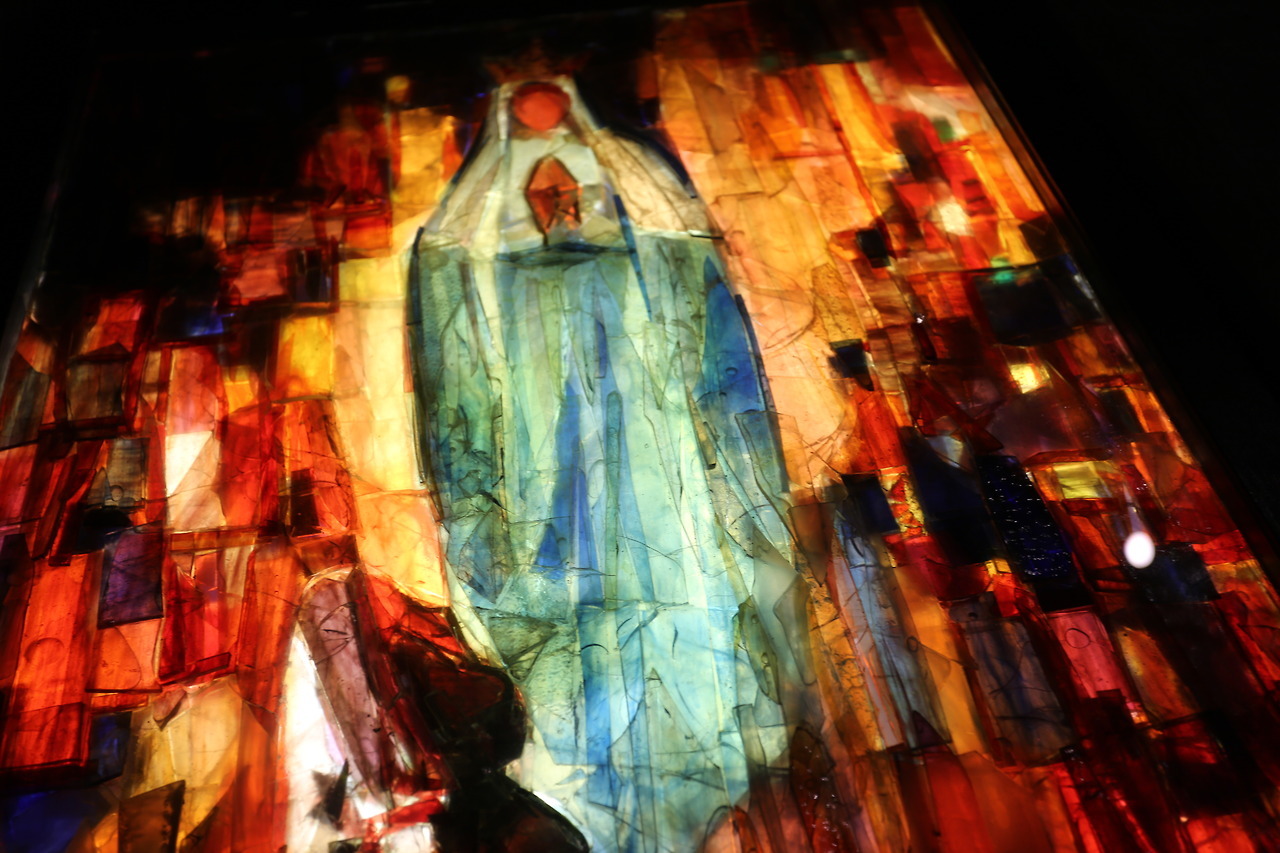

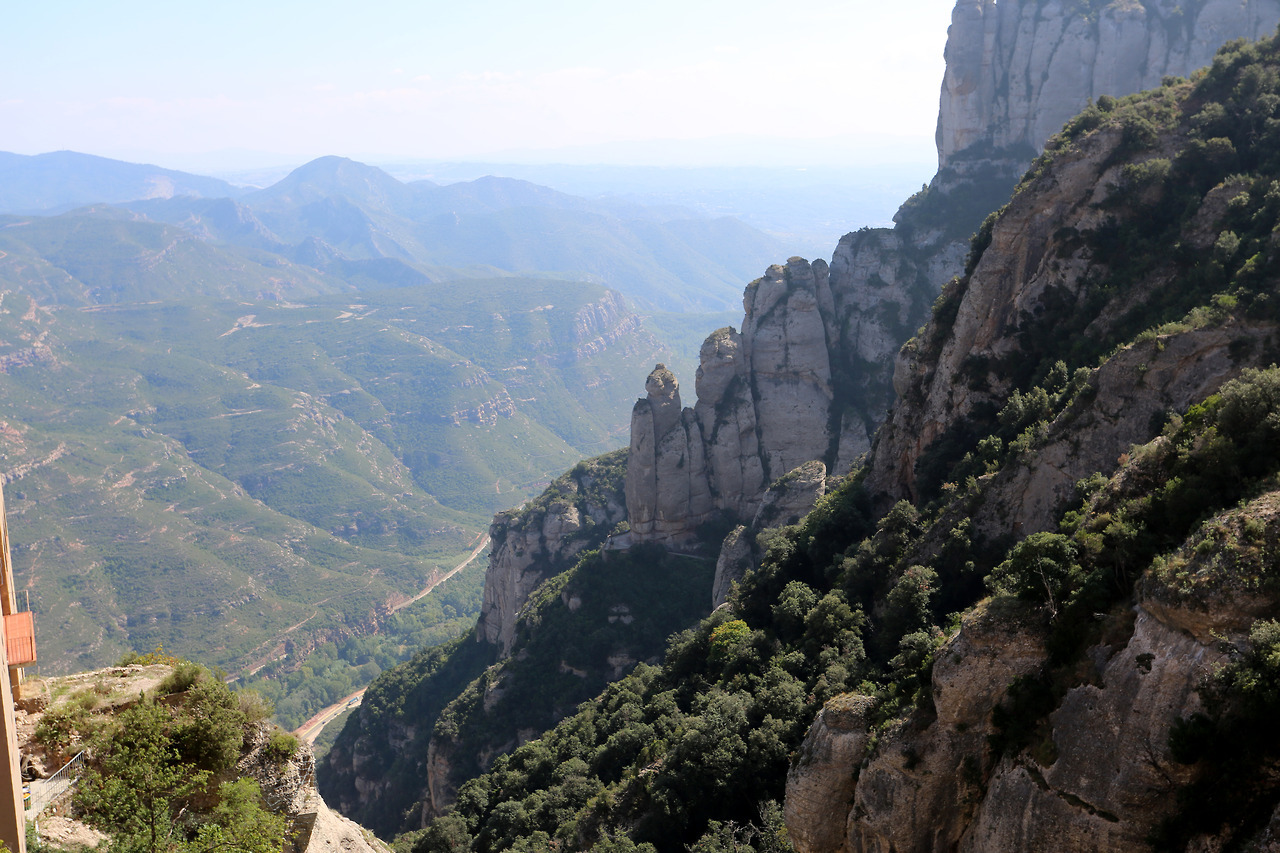



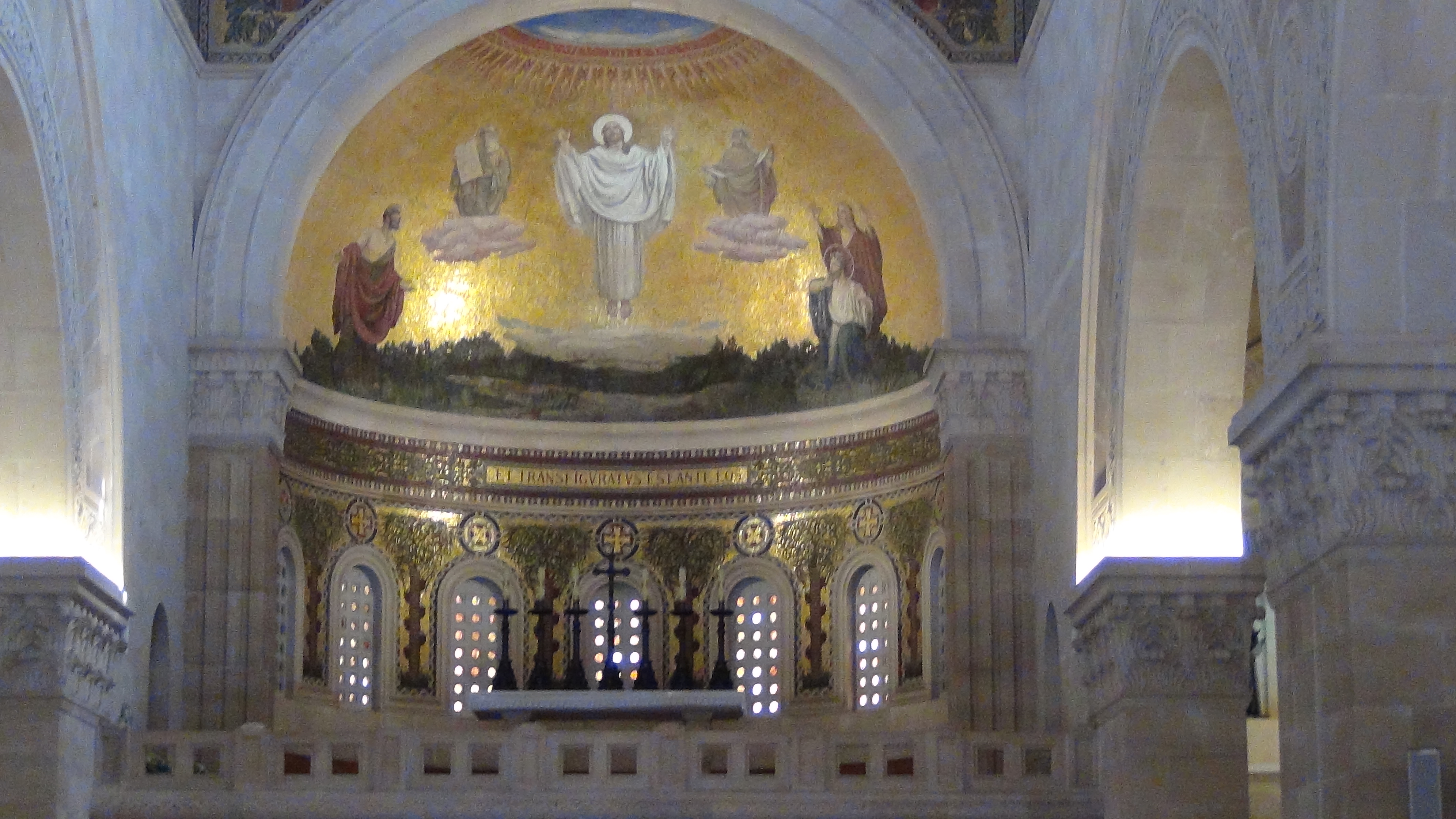

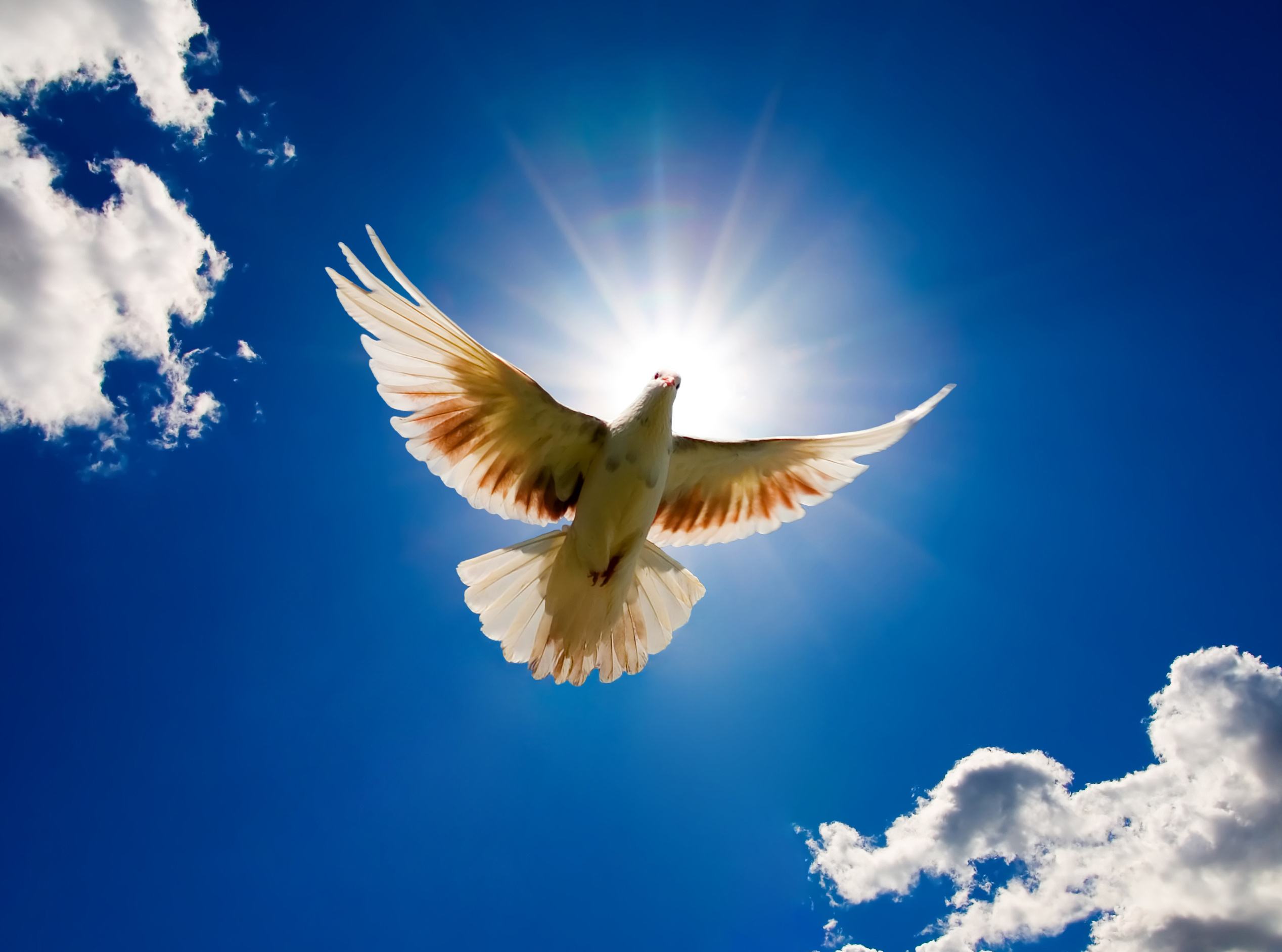

Recent Comments